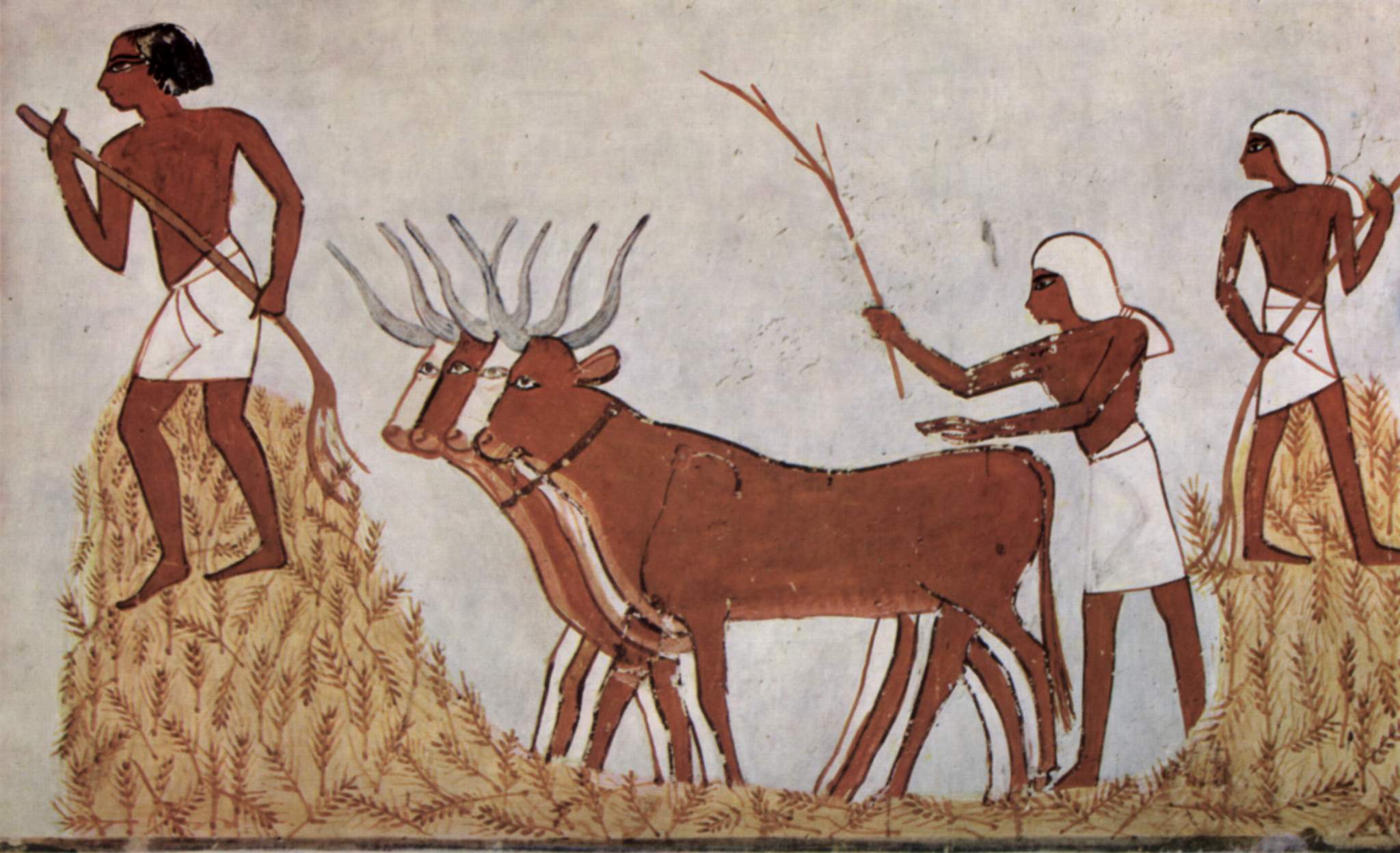|
Nancy Pedersen
Nancy L. Pedersen is an American genetic epidemiologist. She is Professor of Genetic Epidemiology and the leader of the Swedish Adoption/Twin Study of Aging (SATSA) at the Karolinska Institutet in Stockholm, Sweden. She is known for her research on human twins, much of which is based on the Swedish Twin Registry. This has included research on the genetic basis of Alzheimer's disease and self-confidence. Education After graduating from Brainerd High School in Brainerd, Minnesota, Pedersen received her B.A. degree in psychology from the University of Minnesota in 1974, where she graduated ''magna cum laude''. She went on to earn her M.A. and Ph.D. degrees in psychology and behavioral genetics from the University of Colorado in 1977 and 1980, respectively. Honors and awards Pedersen was elected a fellow of the Gerontological Society of America in 2002. In 2007, she received the James Shields Award for Lifetime Contributions to Twin Research from the International Soci ... [...More Info...] [...Related Items...] OR: [Wikipedia] [Google] [Baidu] |
Minnesota
Minnesota () is a state in the upper midwestern region of the United States. It is the 12th largest U.S. state in area and the List of U.S. states and territories by population, 22nd most populous, with over 5.75 million residents. Minnesota is home to western prairies, now given over to intensive agriculture; deciduous forests in the southeast, now partially cleared, farmed, and settled; and the less populated Laurentian Mixed Forest Province, North Woods, used for mining, forestry, and recreation. Roughly a third of the state is Forest cover by state and territory in the United States, covered in forests, and it is known as the "Land of 10,000 Lakes" for having over 14,000 bodies of fresh water of at least ten acres. More than 60% of Minnesotans live in the Minneapolis–Saint Paul metropolitan area, known as the "Twin Cities", the state's main political, economic, and cultural hub. With a population of about 3.7 million, the Twin Cities is the List of metropolitan stati ... [...More Info...] [...Related Items...] OR: [Wikipedia] [Google] [Baidu] |
Brainerd, Minnesota
Brainerd is a city in Crow Wing County, Minnesota, United States. Its population was 14,395 at the 2020 census. It is the county seat of Crow Wing County. Brainerd straddles the Mississippi River several miles upstream from its confluence with the Crow Wing River, having been founded as a site for a railroad crossing above the confluence. Brainerd is the principal city of the Brainerd Micropolitan Area, a micropolitan area covering Cass and Crow Wing counties and with a combined population of 96,189 at the 2020 census. The city is well known for being the partial setting of the 1996 film ''Fargo''. History The area that is now Brainerd was formerly Ojibwe territory. Brainerd was first seen by European settlers on Christmas Day in 1805, when Zebulon Pike stopped there while searching for the headwaters of the Mississippi River. Crow Wing Village, a fur and logging community near Fort Ripley, brought settlers to the area in the mid-19th century. In those early year ... [...More Info...] [...Related Items...] OR: [Wikipedia] [Google] [Baidu] |
Academic Staff Of The Karolinska Institute
An academy ( Attic Greek: Ἀκαδήμεια; Koine Greek Ἀκαδημία) is an institution of secondary or tertiary higher learning (and generally also research or honorary membership). The name traces back to Plato's school of philosophy, founded approximately 385 BC at Akademia, a sanctuary of Athena, the goddess of wisdom and skill, north of Athens, Greece. Etymology The word comes from the ''Academy'' in ancient Greece, which derives from the Athenian hero, ''Akademos''. Outside the city walls of Athens, the gymnasium was made famous by Plato as a center of learning. The sacred space, dedicated to the goddess of wisdom, Athena, had formerly been an olive grove, hence the expression "the groves of Academe". In these gardens, the philosopher Plato conversed with followers. Plato developed his sessions into a method of teaching philosophy and in 387 BC, established what is known today as the Old Academy. By extension, ''academia'' has come to mean the accumulation, de ... [...More Info...] [...Related Items...] OR: [Wikipedia] [Google] [Baidu] |
Genetic Epidemiologists
{{disa ...
Genetic may refer to: *Genetics, in biology, the science of genes, heredity, and the variation of organisms **Genetic, used as an adjective, refers to genes ***Genetic disorder, any disorder caused by a genetic mutation, whether inherited or de novo ***Genetic mutation, a change in a gene ****Heredity, genes and their mutations being passed from parents to offspring **Genetic recombination, refers to the recombining of alleles resulting in a new molecule of DNA *Genetic relationship (linguistics), in linguistics, a relationship between two languages with a common ancestor language *Genetic algorithm, in computer science, a kind of search technique modeled on evolutionary biology See also *Genetic memory (other) Genetic memory may refer to: *Genetic memory (psychology) In psychology, genetic memory is a theorized phenomenon in which certain kinds of memories could be inherited, being present at birth in the absence of any associated sensory experience, ... [...More Info...] [...Related Items...] OR: [Wikipedia] [Google] [Baidu] |
American Geneticists
American(s) may refer to: * American, something of, from, or related to the United States of America, commonly known as the "United States" or "America" ** Americans, citizens and nationals of the United States of America ** American ancestry, people who self-identify their ancestry as "American" ** American English, the set of varieties of the English language native to the United States ** Native Americans in the United States, indigenous peoples of the United States * American, something of, from, or related to the Americas, also known as "America" ** Indigenous peoples of the Americas * American (word), for analysis and history of the meanings in various contexts Organizations * American Airlines, U.S.-based airline headquartered in Fort Worth, Texas * American Athletic Conference, an American college athletic conference * American Recordings (record label), a record label previously known as Def American * American University, in Washington, D.C. Sports teams Soccer ... [...More Info...] [...Related Items...] OR: [Wikipedia] [Google] [Baidu] |
Living People
Related categories * :Year of birth missing (living people) / :Year of birth unknown * :Date of birth missing (living people) / :Date of birth unknown * :Place of birth missing (living people) / :Place of birth unknown * :Year of death missing / :Year of death unknown * :Date of death missing / :Date of death unknown * :Place of death missing / :Place of death unknown * :Missing middle or first names See also * :Dead people * :Template:L, which generates this category or death years, and birth year and sort keys. : {{DEFAULTSORT:Living people 21st-century people People by status ... [...More Info...] [...Related Items...] OR: [Wikipedia] [Google] [Baidu] |
ISI Highly Cited Researcher
The Institute for Scientific Information (ISI) was an academic publishing service, founded by Eugene Garfield in Philadelphia in 1956. ISI offered scientometric and bibliographic database services. Its specialty was citation indexing and analysis, a field pioneered by Garfield. Services ISI maintained citation databases covering thousands of academic journals, including a continuation of its longtime print-based indexing service the Science Citation Index (SCI), as well as the Social Sciences Citation Index (SSCI) and the Arts and Humanities Citation Index (AHCI). All of these were available via ISI's Web of Knowledge database service. This database allows a researcher to identify which articles have been cited most frequently, and who has cited them. The database provides some measure of the academic impact of the papers indexed in it, and may increase their impact by making them more visible and providing them with a quality label. Some anecdotal evidence suggests that appear ... [...More Info...] [...Related Items...] OR: [Wikipedia] [Google] [Baidu] |
Gerontological Society Of America
The Gerontological Society of America (GSA) is a multidisciplinary organization devoted to research and education in all aspects of gerontology: medical, biological, psychological and social. History and organization The Gerontological Society of America (GSA) was incorporated in New York City in 1945 as an outgrowth of a group of scientists and physicians who had been calling themselves "the Club for Research on Ageing" since the 1930s. GSA has been holding scientific conferences since 1946. In 1969, GSA moved its main office from St. Louis, Missouri to Washington, D.C. The Gerontological Society of America, along with the American Geriatrics Society advocated for the formation of a National Gerontological Institute. These efforts bore fruit in 1974 when President Richard Nixon signed legislation to create the National Institute on Aging (NIA). In 1946, GSA began publishing ''Journal of Gerontology''. In 1961, material in ''Journal of Gerontology'' dealing with GSA organ ... [...More Info...] [...Related Items...] OR: [Wikipedia] [Google] [Baidu] |
Behavioral Genetics
Behavioural genetics, also referred to as behaviour genetics, is a field of science, scientific research that uses genetics, genetic scientific method, methods to investigate the etiology, nature and origins of Differential psychology, individual differences in behaviour. While the name "behavioural genetics" connotes a focus on genetic influences, the field broadly investigates the extent to which genetic and environmental factors influence individual differences, and the development of research designs that can remove the confounding of genes and environment. Behavioural genetics was founded as a Branches of science, scientific discipline by Francis Galton in the late 19th century, only to be discredited through association with eugenics movements before and during World War II. In the latter half of the 20th century, the field saw renewed prominence with research on inheritance of behaviour and mental illness in humans (typically using quantitative genetics, twin and family ... [...More Info...] [...Related Items...] OR: [Wikipedia] [Google] [Baidu] |
Master Of Arts
A Master of Arts ( la, Magister Artium or ''Artium Magister''; abbreviated MA, M.A., AM, or A.M.) is the holder of a master's degree awarded by universities in many countries. The degree is usually contrasted with that of Master of Science. Those admitted to the degree have typically studied subjects within the scope of the humanities and social sciences, such as history, literature, languages, linguistics, public administration, political science, communication studies, law or diplomacy; however, different universities have different conventions and may also offer the degree for fields typically considered within the natural sciences and mathematics. The degree can be conferred in respect of completing courses and passing examinations, research, or a combination of the two. The degree of Master of Arts traces its origins to the teaching license or of the University of Paris, designed to produce "masters" who were graduate teachers of their subjects. Europe Czech Repu ... [...More Info...] [...Related Items...] OR: [Wikipedia] [Google] [Baidu] |


